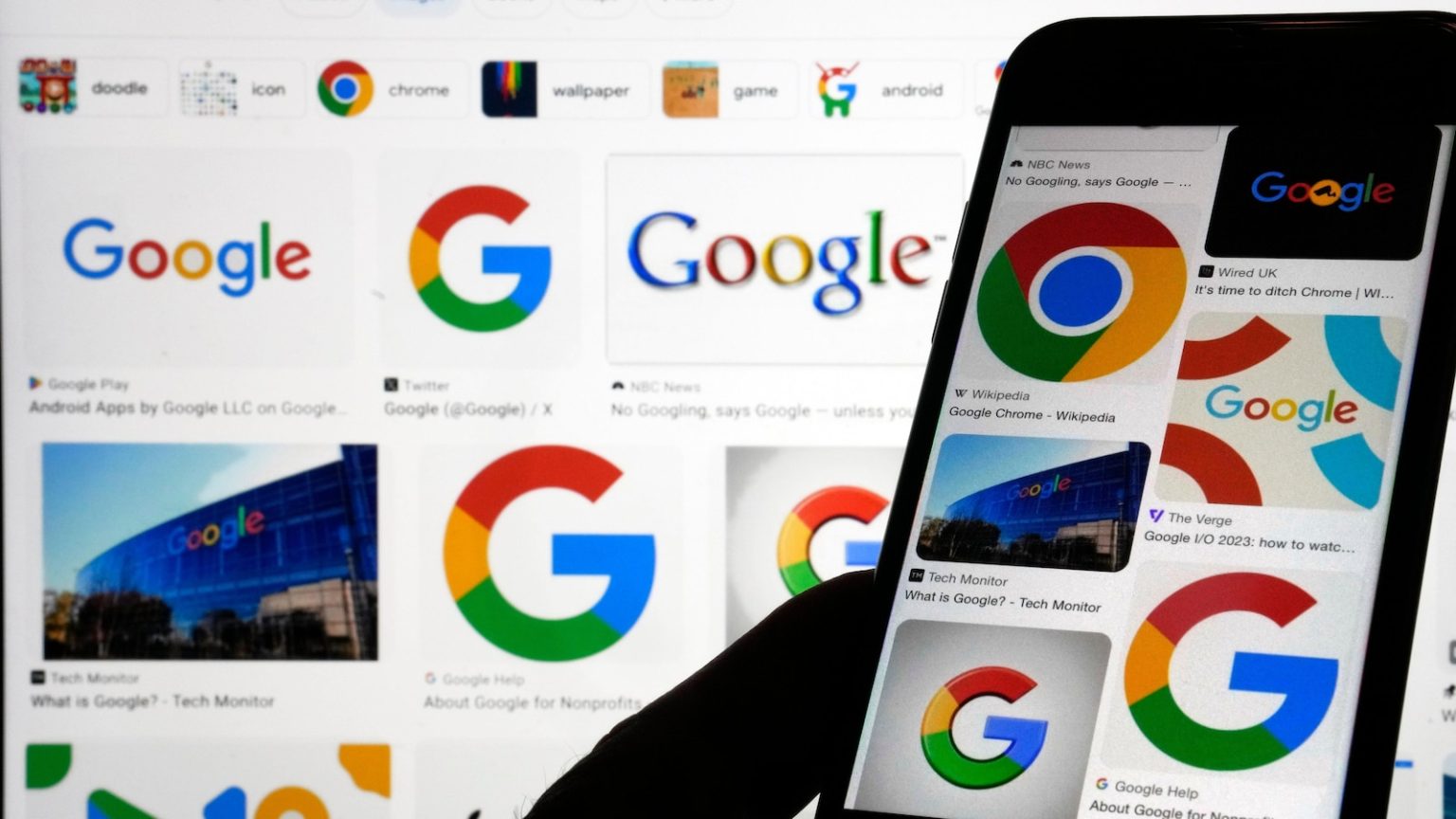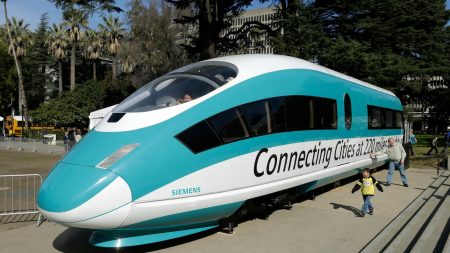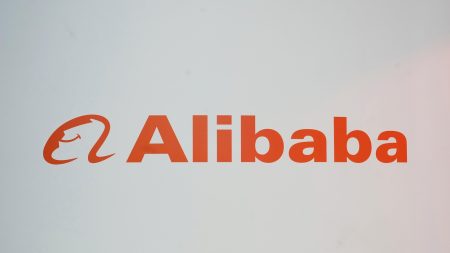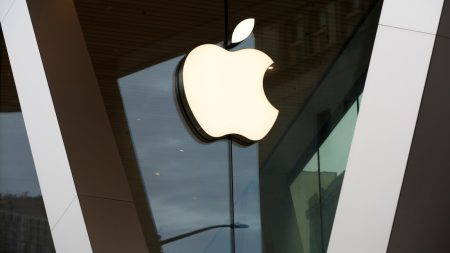Google’s Appeal Against Antitrust Verdict in Play Store Case: A Battle for Market Definition and Innovation
Introduction: The Ongoing Legal Battle Between Google and Epic Games
The legal showdown between Google and Epic Games over the Play Store’s alleged monopoly status reached a pivotal moment on October 16, 2023, as Google presented its case to a three-judge panel at the Ninth Circuit Court of Appeals in San Francisco. Google is seeking to overturn a federal jury verdict that declared its Play Store for Android smartphones an illegal monopoly and to block the penalties imposed by U.S. District Judge James Donato. Epic Games, the creator of Fortnite, argued that both the verdict and the penalties should be upheld to promote innovation and lower prices in the app market. The case highlights the intricate dynamics of competition in the digital ecosystem, where tech giants like Google and Apple wield significant influence over app distribution.
Google’s Arguments: Challenging Market Definition and Jury Trial
Google’s legal team, led by attorney Jessica Ellsworth, contended that Judge Donato improperly defined the market during the 2023 trial, excluding Apple’s App Store as a competitor. Ellsworth argued that this narrow definition differed from the broader market considered in Apple’s 2021 antitrust case, where the court ruled in Apple’s favor. She emphasized that the competition between Google’s Android and Apple’s iOS operating systems inherently disciplines both companies’ actions in the app market. Ellsworth also questioned the decision to allow a jury trial, arguing that Google had opted for a bench trial, as had been the case in Apple’s trial.
The judges, however, expressed skepticism about Google’s claims. Judge Gabriel Sanchez noted that even if Google competes with Apple in smartphone operating systems, this does not preclude the possibility of Google creating a monopolistic ecosystem within its Play Store. Judge Danielle J. Forrest highlighted factual differences between the Android and Apple ecosystems, pointing out that Apple’s "walled garden" approach contrasts with Google’s practice of licensing Android software to multiple smartphone manufacturers. These points underscored the court’s recognition of distinct market dynamics in the two cases.
Epic Games’ Counterarguments: Preserving Competition and Lowering Prices
Epic Games attorney Gary Bornstein dismissed Google’s arguments as a desperate attempt to maintain a system that allows the company to charge exorbitant commissions (ranging from 15% to 30%) on in-app purchases through the Play Store. Bornstein emphasized that the penalties imposed by Judge Donato, which include making the Play Store’s 2 million apps available to potential competitors, would foster competition and lead to lower prices. He reminded the court that reversing a jury verdict and the associated penalties should require a high bar, as the "benefit of the doubt does not go to the wrongdoer."
Bornstein also pointed out that Google failed to define the Android app market during the trial in the same way it presented it during the appeal. This inconsistency, he argued, further weakened Google’s case. The judges appeared to share some concerns about procedural issues, particularly Judge Donato’s decision to proceed with a jury trial after Google settled lawsuits with state attorneys general and Match Group. Forrest even suggested the possibility of treating the jury verdict as advisory and sending the case back to Donato for a more detailed ruling.
Potential Consequences and Broader Implications
The outcome of this case could have far-reaching implications for the app economy. If the penalties stand, Google would be required to open its Play Store to competitors, potentially reducing its dominance and lowering commission rates. This could pave the way for alternative app stores and create a more competitive market. However, if Google succeeds in overturning the verdict, it would preserve the status quo, allowing the company to continue its current practices.
Google is also facing separate antitrust challenges, including a ruling that its search engine is an illegal monopoly. This could lead to additional penalties, such as the forced sale of its Chrome web browser. The cumulative impact of these cases could reshape the digital landscape, balancing the power of tech giants with the need for innovation and consumer choice.
Conclusion: The Fight for Fair Competition in the Digital Age
The legal battle between Google and Epic Games reflects the broader struggle to ensure fair competition in the tech industry. While Google argues that competition between Android and iOS naturally regulates its behavior, Epic Games and the court are scrutinizing whether this competition translates to a fair app market. The case raises critical questions about market definitions, jury trials, and the role of penalties in deterring anticompetitive practices.
As the Ninth Circuit Court of Appeals considers its decision, the tech industry and consumers alike await a ruling that could set a precedent for how app ecosystems are regulated. The outcome will not only determine the fate of Google’s Play Store but also influence the future of innovation and competition in the digital economy. In the words of Epic’s attorney, the "benefit of the doubt" belongs not to the accused but to the principles of fair competition and consumer welfare.















